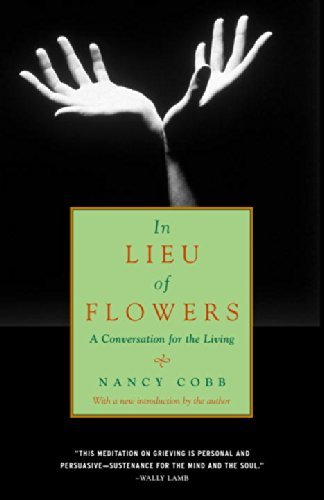What do you think?
Rate this book


Paperback
First published January 2, 2000
Hold someone’s hand. Send a poem, a photograph, a letter of remembrance. If you buy a condolence card, add a personal message. If you feel awkward, simply say, “I’ve been thinking of you.” This will create an opening. Don’t ask what you can do. Anticipate and act. Listen. Be compassionate. Don’t give advice, philosophize, or tell the person you know how they’re feeling. You don’t. Statements such as “It was God’s will” or “Your loved one is better off now” are insensitive sentiments, akin to a poke with a sharp stick. It’s best to be true to yourself and to the person who has died. If you knew them well, create a picture, a memory of a time you spent together, for his or her family - a night at the movies, an afternoon over a cup of tea, an ongoing joke only known to the two of you - the most common recollection has uncommon meaning for people in mourning, particularly if it’s a story they’ve never heard. You have different memories than they do. Think of your reminiscence as a tiny eulogy, an addition to their family archives, and know that if it comes with compassion the contribution will be welcome.